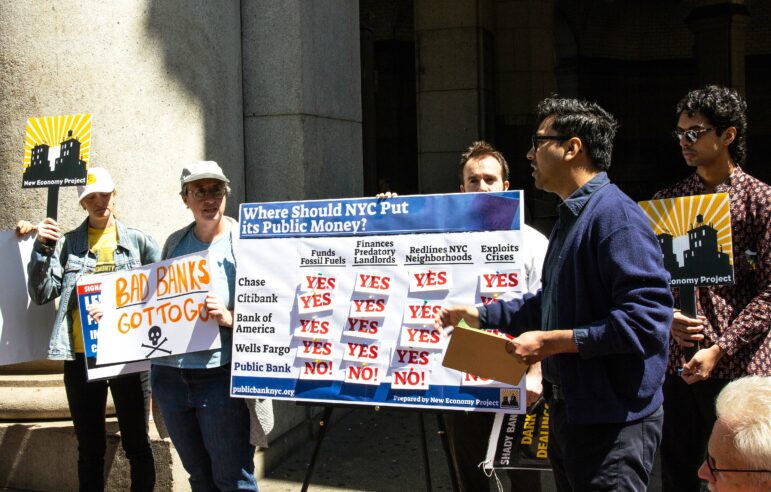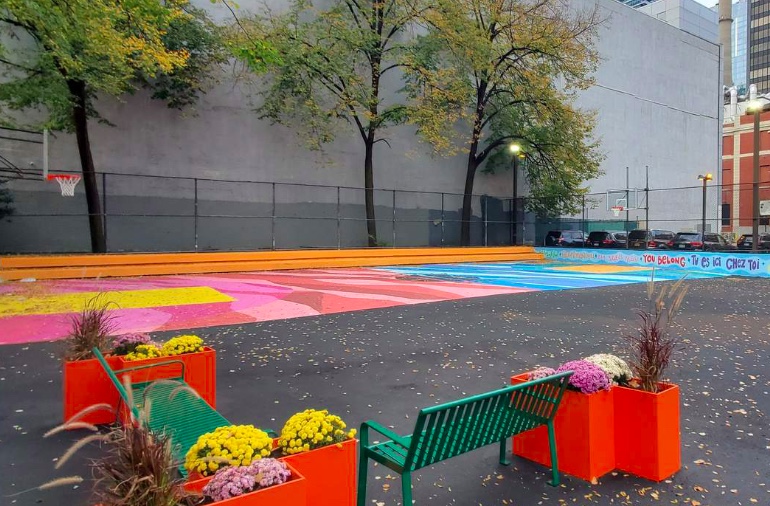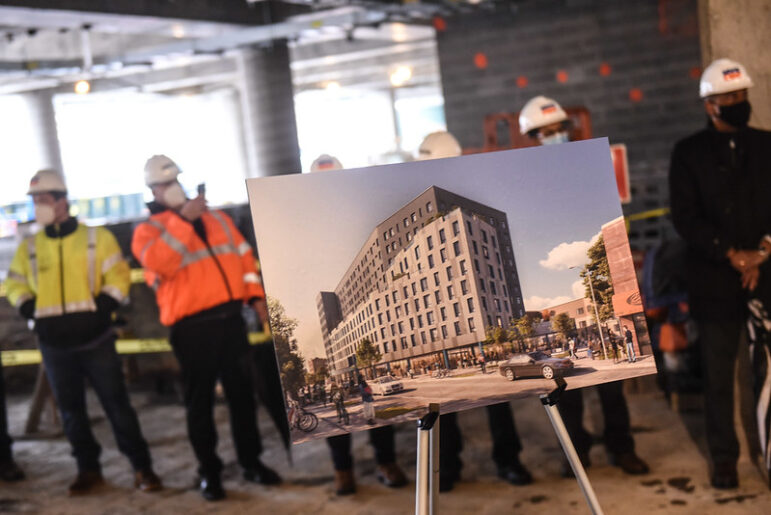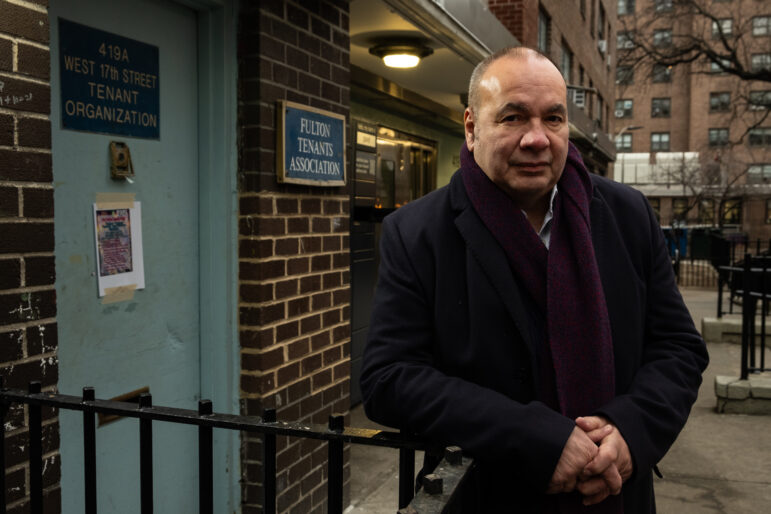‘We must remove prosecutors as the gatekeepers to making right the wrongs they inflicted in the past.’
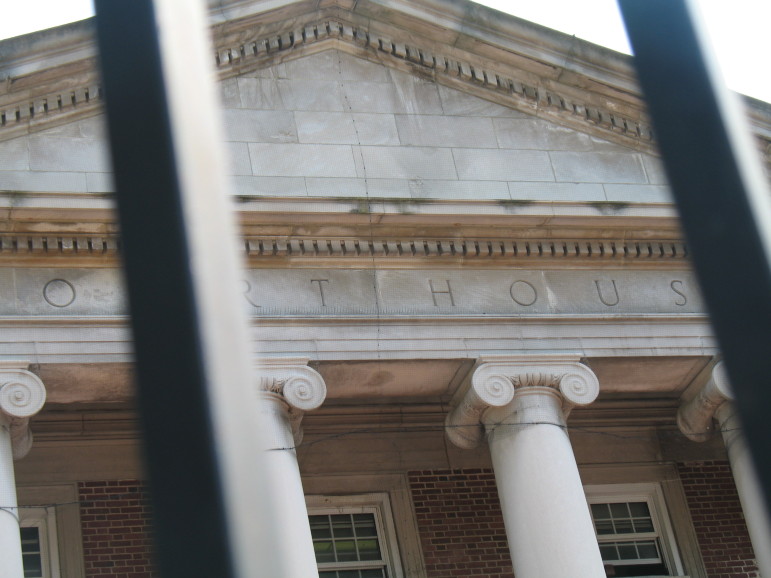
Jarrett Murphy
There is a growing consensus in New York City that we cannot expect the police to police themselves. Recently nearly all of the top-tier mayoral candidates committed to bringing in a commissioner from outside the NYPD for this reason. Meanwhile City Council and state legislators are working to remove final disciplinary authority away from the commissioner.
There is also an understanding that prosecutors, because of their reliance on the police to prosecute cases, are unable to hold police accountable in any meaningful way. In 2015 New York State moved authority to prosecute police killings of some civilians to the Attorney General’s office because of this conflict of interest, though the scope and effectiveness of this change remains limited.
So what about prosecutors holding themselves accountable? In New York State (and across the country) there is a crisis of prosecutor misconduct that has thrown into question the legitimacy of yet another arm of law enforcement. While raw cell-phone videos depicting police violence have helped to crack that facade, prosecutors enjoy the insulated protection of courts, where cell-phones are banned, and the process of punishment is bureaucratic, intentionally confusing and opaque. But like police brutality, prosecutor misconduct, and the outcome—wrongful convictions—has life-altering impact.
 CityViews are readers’ opinions, not those of City Limits. Add your voice today!
CityViews are readers’ opinions, not those of City Limits. Add your voice today!
One of the challenges facing reformers is that police and prosecutors view public accountability and oversight as a direct challenge to the legitimacy of their institutions, which are propped up by popular myths and narratives of infallibility made stronger by the comparative lack of political power held by their primary targets: low-income people and people of color. Protecting the institution will always come first. Even so, nothing shows the illegitimacy of the system more clearly than District Attorneys fighting to uphold wrongful convictions.
However, it is well understood that for decades the NYPD and New York City prosecutors used at the very least ethically and legally dubious, racially biased arrest and prosecution practices. In the rush to “close cases” as violent crime rose in the City, many people involved cut corners, if not outright fabricated evidence and events. In the words of current Bronx District Attorney Darcel Clark, who found no fault with police railroading a 16-year-old Huwe Burton in 1989, “that is the way things were done.”
Some of these practices still remain; for example, lawmakers were forced to pass legislation in 2019 requiring prosecutors to hand over evidence because it was so regularly withheld. With less than 1 percent of cases going to trial in New York City, the vast majority of people in prison, as well as the 2 million people in the state with criminal records, never had an opportunity to challenge the evidence used against them. High bails, mandatory minimums and the dangerous realities of jail all provide potent coercion tools for prosecutors.
Yet despite this history—past and present—District Attorney offices have offered up a minuscule number of exonerations. According to the National Registry of Exonerations, Conviction Review Units in New York City have exonerated 50 people, with 32 coming from Brooklyn alone. Most counties in New York State aren’t even doing reviews.
It’s just not believable that these represent the total number of wrongful convictions. Over the past 10 years there have been 2.5 million arrests in New York City. If just 1 percent of those cases led to a wrongful conviction—a conservative estimate—that’s 25,000 cases. But District Attorneys have chosen to keep these reviews minimal, if they do them at all. Even in Brooklyn, where the Conviction Review Unit has received some positive publicity, accountability, justice and relief for the wrongfully convicted are all in short supply.
Prosecutor-led programs will always be inadequate. The issue is systemic and so should be the remedy. Ongoing independent oversight is important to protect future wrongs, but so too is opening up a process for individuals who have been mistreated in the past to challenge their cases on their own—without the consent of the very office that prosecuted them. Currently this process is all but foreclosed because of the limitations of the associated criminal procedure laws.
A bill working its way through the legislature would open up access to the courts for people with valid claims of innocence or of receiving an unfair trial based on new evidence not available to them prior to their conviction. It’s the bare minimum due to right the wrongs of the past. Legislators who care about innocent people languishing in prison should pass the bill immediately.
There is a concern that giving people access to court in this way will “open a floodgate” of challenges, but isn’t this precisely what is warranted given all that we know?
Nick Encalada-Malinowski is the Civil Rights Campaigns Director at VOCAL-NY. On twitter at @nwmalinowski


